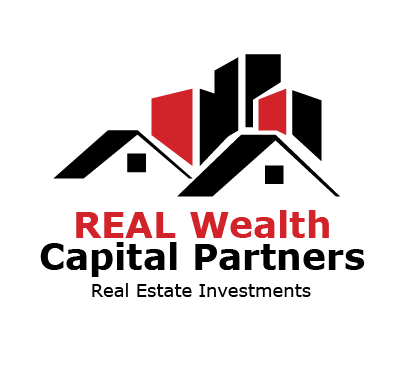Good Debt vs. Bad Debt
Today I want to talk about the big “D” word…DEBT!
I find in today’s world there is so much shame and anxiety around debt.
However, when used correctly, debt can actually be your friend when it comes to building wealth.
But wait…isn’t all debt “bad”? Is there really such a thing as “good” debt?
Yes, there is!
When it comes to debt, it really all depends on what you’re borrowing the money for and whether you can afford to service and pay off the debt in the future.
Good debt generally refers to debt you’ve taken on that will ultimately increase your net worth, your income, or has future value.
Bad debt refers to borrowing money to purchase items that you don’t necessarily need and can’t afford, and that will not increase in value over time.
Generally, examples of good debt are mortgages, business loans, education loans, and home-equity lines of credit (“HELOCs”), while examples of bad debt are payday loans, auto loans, and credit card debt.
When I think about using debt, I always like to go back to what I’ll be using the borrowed money for and ask myself these simple questions: Is this debt I’m taking on going to make me money (now or in the future), or is it something that will only cost me money? Essentially, will this debt pay me back more than what I put in?
For example, I like taking out a HELOC against my properties so that I can use those funds to purchase another investment property that generates me cash-flow on a monthly basis (even after servicing the debt), and to also benefit from the mortgage paydown and future appreciation of this asset class (= Good Debt).
However, some people take out HELOCs and will then use their home as personal ATM machine to purchase items that while “fun”, do not generate any current or future income (= Bad Debt).
And what about credit cards? While credit card debt is generally considered bad-debt because many people use it to easily purchase depreciating items, I’ve leveraged credit card debt to my advantage when renovating some of my investment properties because once sold, I was able to pay off the principle and the higher interest charged on the credit card, and still made money in the process.
So, overall, when thinking about taking on debt, ask yourself: after factoring in principal repayment, interest payments and the alternative uses of that money, does the debt still make sense? Are you getting all your money back and then some? Could you do something better with the time and money you’re investing?
This thought process will help you determine whether any debt is more burdensome than beneficial, and should help guide your decision.
If you have a lot of debt, consider working with a specialist (like a mortgage professional), who can help you consolidate that debt and reduce your interest payments.
If you’re interested in learning more about how you can leverage good debt to invest in real-estate, reply to this email and I’d be happy to share more information.
Until next time, happy investing!
~ Elizabeth




